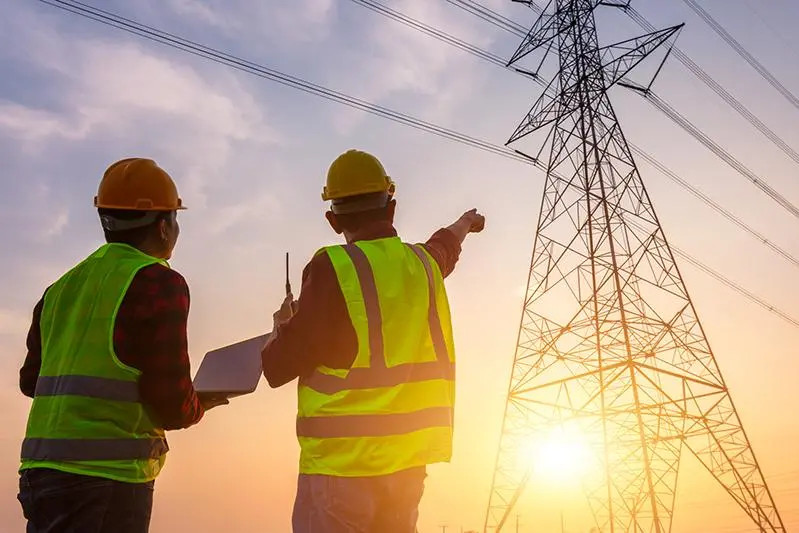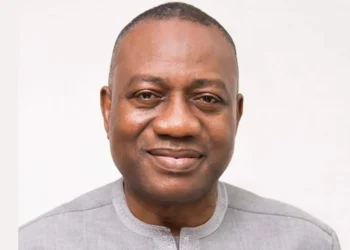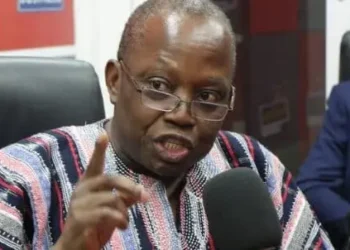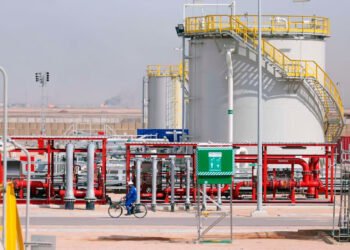Ghana’s electricity sub-sector is set for another year of increased demand and strategic investments, according to the latest Energy Statistics Bulletin released by the Energy Commission.
The report highlighted significant growth in system peak load, rising consumption levels, and continued reliance on hydro, thermal, and renewable energy sources.
“As of December 29, 2024, Ghana’s system peak load reached 3,952 megawatts (MW)—a 9.2% rise compared to 3,618 MW recorded in 2023.
“In 2025, peak load is projected to climb further to 4,125 MW, reflecting a 4.4% year-on-year increase.”
Energy Commission
The surge in demand is attributed to economic growth and increased electricity consumption across the ECG and NEDCo distribution zones.
The industrial sector, commercial enterprises, and residential users continue to contribute to rising energy needs, reinforcing the importance of infrastructure upgrades and capacity expansion.
“In November 2024, total electricity consumption reached 22,410 GWh, with a projected year-end figure of 24,688 GWh.
“In 2025, projected electricity consumption is 25,836 GWh, representing a 4.7% increase.”
Energy Commission

Ghana’s electricity generation mix comprises hydro, thermal, and renewable energy sources. As of November 2024, the installed generation capacity stood at 5,260 MW, with a dependable capacity of 4,856 MW.
When embedded capacity at the sub-transmission (distribution grid) level is factored in, installed capacity rises to 5,507 MW, with a dependable capacity of 5,060 MW.
For 2025, projections indicate that 5,260 MW of installed capacity will be available to meet peak demand.
However, planned maintenance and fuel supply constraints may reduce available dependable capacity to 4,656 MW. This represents an 18% reserve margin, which is crucial for balancing supply reliability.
“Hydropower and thermal plants are projected to generate 8,561 GWh (33.1%) and 16,997 GWh (65.8%) of total electricity supply in 2025.
“The remaining supply of 196 GWh, representing 0.8%, is expected to be met by other renewables, including solar PV and biogas operating at the sub-transmission level.”
Energy Commission
Energy imports are not anticipated in 2025, although inadvertent energy exchanges estimated at 82 GWh (0.3%) may occur due to transient power flows along tie-lines. Emergency imports may be required in case of fuel shortages or unexpected faults affecting generation units.
Fuel Supply and Cost Projections
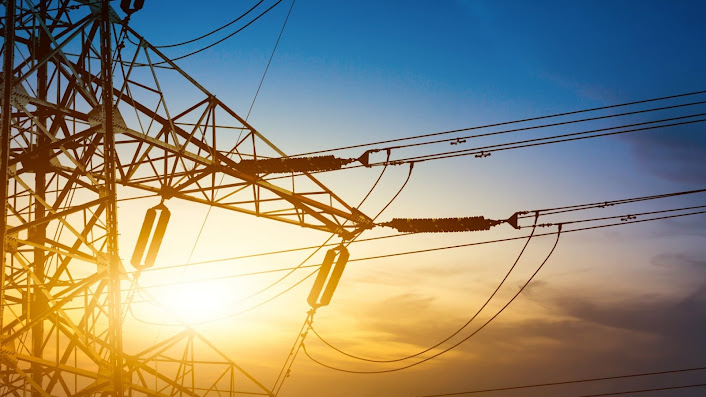
Thermal power plants in Ghana continue to rely on natural gas as their primary fuel source. The report estimates total natural gas consumption for electricity generation at 151.4 trillion British thermal units (TBtu), equivalent to 133,976.7 million standard cubic feet (MMscf).
The report revealed, “In 2025, an estimated 344,387 barrels of HFO will be required by the AKSA to fuel some of its units.”
Despite a strong outlook, Ghana’s energy sector faces challenges related to fuel supply security, infrastructure maintenance, and affordability concerns.
Authorities emphasize the need for continued investment in renewable energy, diversification of generation sources, and improved transmission efficiency.
Efforts to stabilize the grid, modernize power plants, and enhance operational resilience are underway.
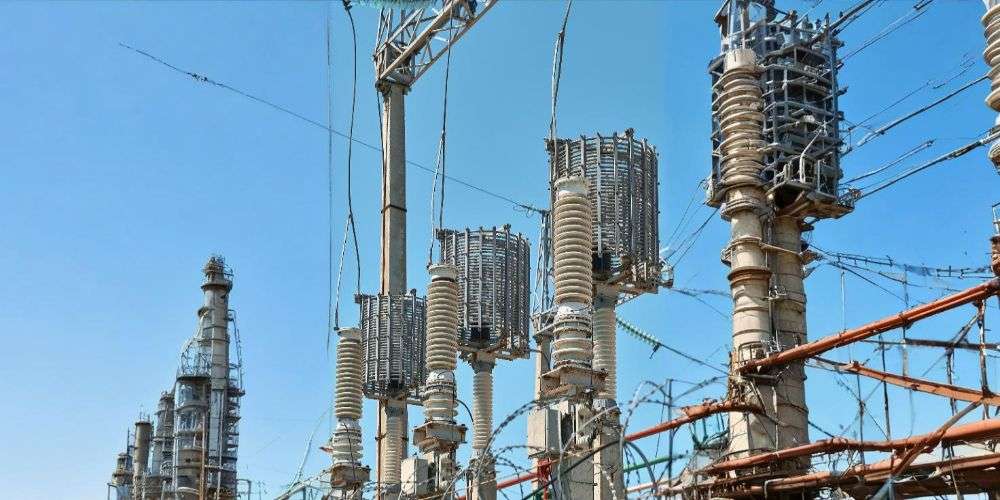
Policymakers remain optimistic that these interventions will mitigate potential disruptions and support Ghana’s vision of sustainable energy security.
With electricity demand growing steadily and investment in infrastructure continuing, Ghana’s energy sub-sector is poised for transformation.
The government and industry stakeholders must remain proactive in addressing supply constraints and fostering innovation within the sector.
Looking ahead, balancing affordability, efficiency, and sustainability will be key in ensuring reliable access to electricity for businesses and households.
As Ghana transitions toward cleaner energy solutions, its ability to integrate renewables, maintain stable power generation, and manage demand fluctuations will be pivotal in shaping the future of its electricity industry.
READ ALSO: Cedi Gains Not Enough for Recovery – IERPP Boss Warns Against Overreliance on Global Trends

